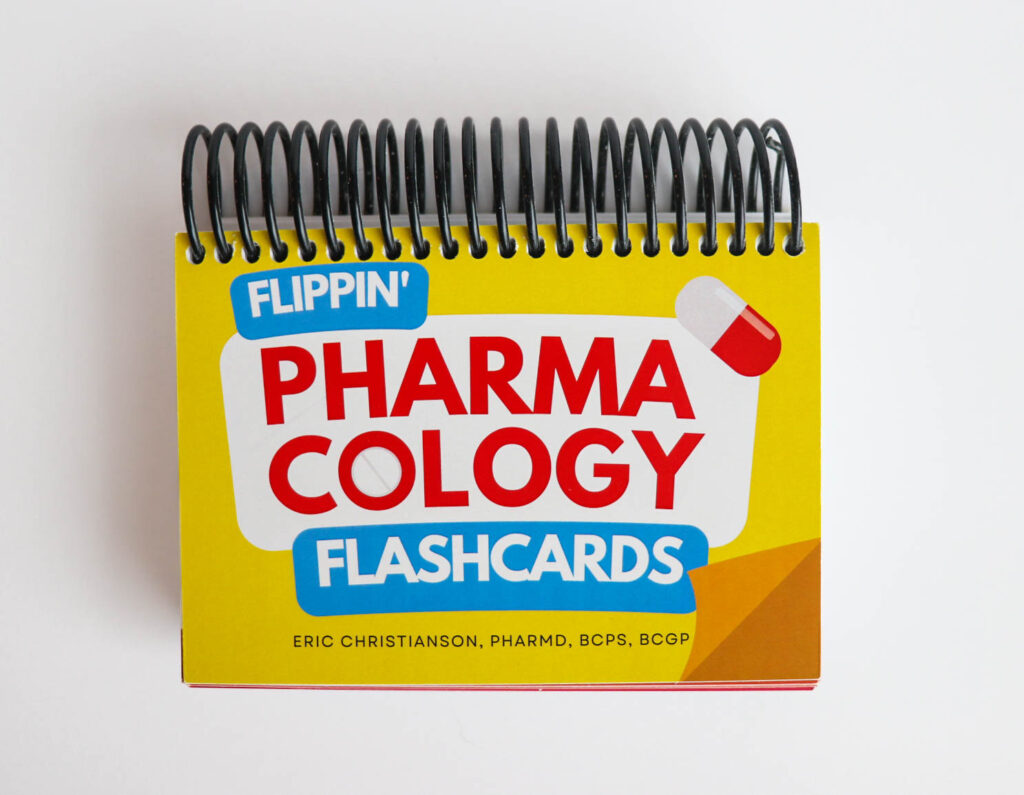I stumbled into this case about Valtrex neurotoxicity on Linked In, and am so thankful that Kristin Speer, PharmD, BCPS let me share it.
A physician attached a message for the care team to review: “Patient continues with dizziness, hallucinations, and unusual fatigue x 3 days. Now with difficult speech. Exams & labs don’t explain… Thinking to start meclizine for dizziness, risperidone for hallucinations.”
Others reviewed the case. They couldn’t determine a possible cause and agreed with the plans.
I looked at the med list and labs. Identifying a suspect right away, I started to second guess myself… but a drug information reference confirmed my suspicion so I called the physician’s office.
I spoke with a medical staff member: “Hi, I think I know what’s going on. The patient’s serum creatine is 2.2, and he’s on Valtrex.”
Staff member: Yeah, we know his kidney labs are high. We’re monitoring them. And he’s taking Valtrex because he has an active shingles infection. He’s on day 5 of treatment.
Me: And he’s taking 1 gram 3 times daily?
Staff member, annoyed: Yeah. You can’t tell me that’s the wrong dose, because I see these orders all the time.
Realizing I needed to get to the point: He’s likely having symptoms of Valtrex neurotoxicity.
Long pause….
I explain: The orders you typically see are for normal kidney function. This patient has severe kidney impairment, and the Valtrex dose is too high. Please ask the physician to hold today’s remaining doses and reduce Valtrex orders to 1g every 24h.
The physician called back several days later to thank me for the recommendation. The patient’s symptoms were nearly resolved, along with the shingles rash. The physician explained he didn’t have the patient’s kidney labs at the time he started Valtrex, and forgot to check them when received to determine a dose adjustment.
Had this case continued without pharmacist review, the patient may have continued with neurologic toxicity, then started more medications to manage it… adding more side effects and costs without treating the issue.
No one else suspected a medication cause for neurologic toxicity. But I’m not special.
A #pharmacist‘s expertise is exactly. this. story. 💊
They👆 (we!) are invaluable in identifying and resolving medication-related issues that prescribers and other care team members may not recognize.
A side note scream to pharmacists: SPEAK UP! You are 100% qualified. And you made an oath to your patients.
Written by Kristin Speer, PharmD, BCPS
- 30 medication mistakes PDF
- 18+ Page Drug Interaction PDF
- 10 Commandments of Polypharmacy Webinar based on my experiences in clinical practice




Thank you for sharing! Speaking up and advocating for our patients is key. Sometimes we are the Sherlock Holmes of drug-induced situations for a patient’s context. Great work! You are all an inspiration!
Thank-You
So many learning points:
Shingles is also common in transplant patients.
This case has illustrated to be extra careful when prescribing anti virals for our kidney patients